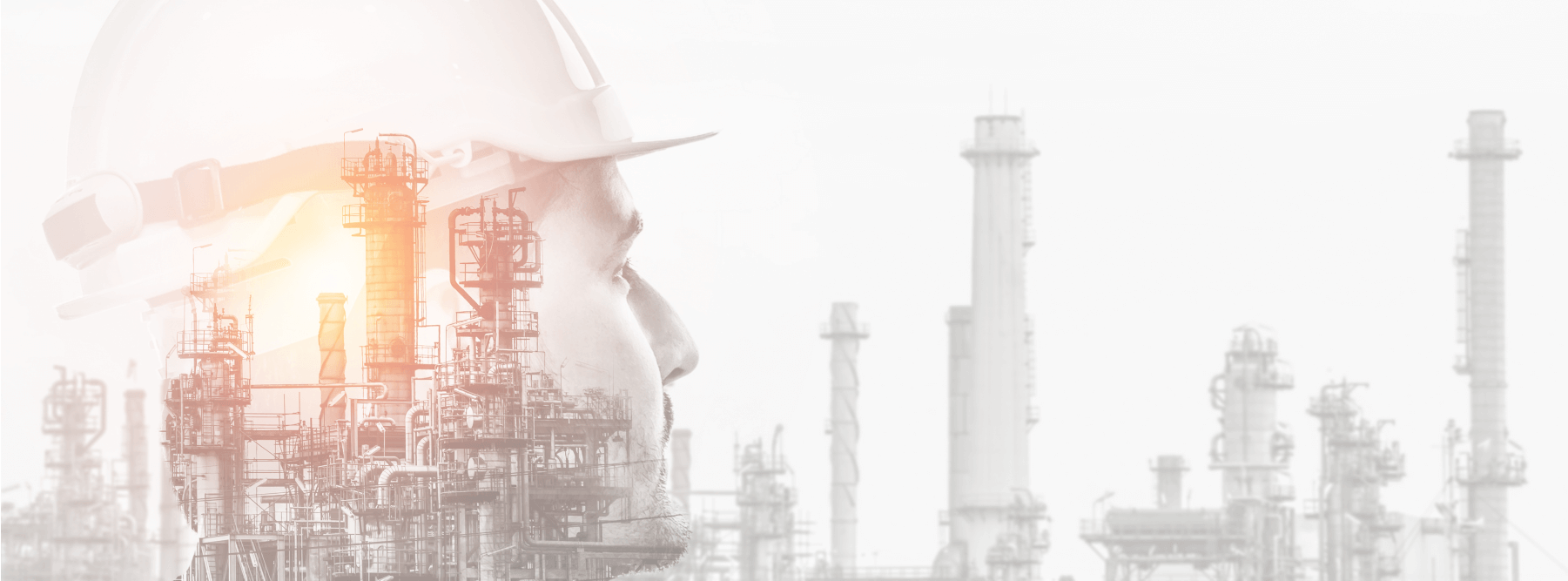Maintaining clean oil has never been more critical for ensuring the equipment's sustained efficiency and extended lifespan.
This blog is dedicated to engineers, maintenance professionals, and decision-makers in various industries who recognize the pivotal role of oil cleanliness in achieving optimal machinery performance. Delving into the intricacies of this fundamental practice, we will explore the significance of clean oil and the detrimental effects of contamination on equipment reliability.

Oil serves as the lifeblood of machines, facilitating lubrication, power transmission, surface protection, heat transfer, and surface cleansing. But, as it performs these functions, oil collects contaminants that speed up machine wear and degrade the oil. Particle contamination contributes to mechanical wear, with even a tiny amount of oil dirt leading to many particles. This contamination can thin the oil's viscosity, increasing wear and decreasing protection for parts.
Damage caused by contamination often goes unnoticed in its early stages, allowing the effects to accumulate over time. For instance, a hydraulic system may experience a 20% loss in efficiency before operators detect the issue, leading to increased energy consumption and accelerated component wear.
Clean Oil for Improved Reliability
Reliability is a cornerstone for organizations aiming to produce high-quality products at the lowest cost. Clean oil is pivotal in achieving reliability by reducing abrasion, adhesion, and corrosion. As a result, equipment lasts longer, performs its designed function over an extended period, and becomes more reliable. This enhanced reliability decreases the lifetime operating expense of equipment, maximizing its usefulness and delivering a greater return on investment.
Clean oil improves reliability and reduces costs associated with downtime, component replacements, oil waste, and man-hours spent on machine failures. One common mistake is changing oil too frequently, incurring unnecessary expenses. Keeping oil clean allows for extended oil change intervals, minimizes the purchase of new oil, reduces oil disposal frequency, and frees up maintenance budgets.
In light of growing environmental awareness and regulations, businesses must uphold their responsibility to reduce waste and emissions by keeping oil clean. Clean oil usage contributes to meeting ecological regulations by extending oil life and reducing the purchase of new oil. This, in turn, minimizes the disposal of used oil, a significant source of contamination in waterways containing toxic chemicals and heavy metals.
Contamination Control Tactics
To address contamination, organizations must implement contamination control tactics. These include:
- New Oil Filtration: Employing an excellent filter to catch contaminants when oil is first delivered to plants.
- Effective Headspace Control: Filtering air to prevent atmospheric ingression of contaminants as oil circulates in reservoirs.
- Effective Transfer and Periodic Filtration Capability: Installing quick connections on transfer hoses prevents contamination and allows offline filtration.
These contamination control tactics are indispensable. Rigorous filtration mechanisms, vigilant hardscape control, and efficient transfer processes contribute to maintaining the pristine quality of the oil. Implementing these strategies ensures the immediate removal of contaminants and establishes a proactive defense against potential risks. By adopting these practices, organizations safeguard their equipment against premature wear and pave the way for enhanced reliability and operational longevity.
Navigating Early Signs of Issues
As we delve into the intricacies of maintaining clean oil, understanding what to look for in an oil analysis report becomes paramount for proactive maintenance strategies. These reports serve as powerful tools, offering insights into the health of your machinery long before visible signs of issues emerge.
Critical Components to Scrutinize:
- Wear Particles: Keep a keen eye on the concentration and type of wear particles present in the oil. Elevated levels could state abnormal wear and potential component degradation. Early detection of these particles enables timely intervention, preventing further damage.
- Viscosity: Changes in oil viscosity can reveal a wealth of information about the oil's condition and ability to protect components. A deviation from the expected viscosity range might signal contamination or thermal breakdown, necessitating prompt investigation and corrective measures.
- Fluid Contamination: Monitoring and controlling the presence of contaminants such as water, fuel, or coolant in the oil has significant impact on the life of a machine and its operation. These contaminants can compromise the oil's effectiveness and, if left unaddressed, lead to accelerated wear and reduced equipment lifespan.
- Additive Depletion: Monitoring the oil's additive levels is essential for understanding its capacity to combat contaminants. A decline in additive levels might state that the oil is nearing the end of its useful life, prompting a timely change or filtration.
Conclusion
This blog has unwrapped the intricacies of maintaining clean oil and emphasized its pivotal role in optimizing machinery performance. But, the journey toward clean oil is not only a strategy; it's a fundamental commitment resonating with professionals and decision-makers alike. Understanding the early signs of issues through meticulous oil analysis reports is a linchpin in this commitment. These reports serve as a beacon, illuminating the path to proactive maintenance strategies. Scrutinizing wear particles, monitoring viscosity changes, and assessing fluid contamination and additive depletion provide a holistic understanding of machinery health, allowing timely interventions and preventing costly failures.
For those eager to revolutionize their approach to machinery diagnostics and oil cleanliness, consider taking the next step with CRE Philippines. Our MachineDiagnostics™ Program is a beacon of innovation, offering a comprehensive solution that includes in-depth oil analysis, an enlightening seminar, and the expertise of a dedicated team of certified Lube Analysts and Machinery Lubrication Consultants. With CRE Philippines as your trusted partner, your machinery's longevity and efficiency are safeguarded with unwavering support at every crucial juncture. Elevate your maintenance practices, unlock the potential of early issue detection, and embark on a transformative journey toward unparalleled machinery reliability and performance. Your machinery deserves nothing less.
Source:
The Value of Really Clean Oil and How to Achieve It. Machinery Lubrication. (n.d.). https://www.machinerylubrication.com/Read/32538/value-of-really-clean-oil-how-to-achieve-it


